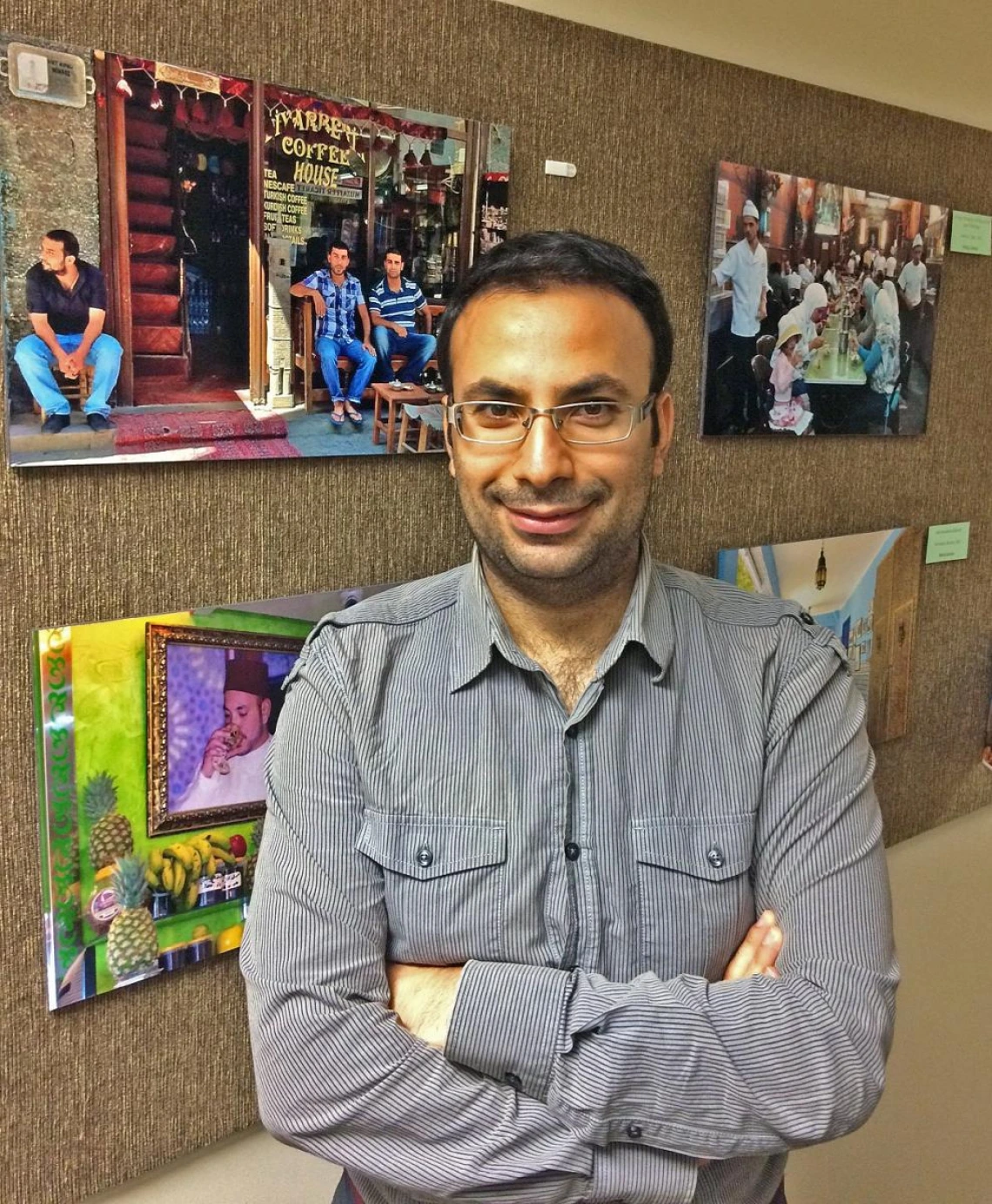
When
Low enrollments in advanced-level courses of less commonly taught languages (e.g. Turkish) may force departments to either offer a loosely-structured course for these learners or in many instances, no class at all. One potential solution is to develop online courses to address the needs of advanced-level learners of these languages. However, the design and development of online language classes can be more complex than content courses and comes with its own unique challenges. While there are successful examples of such online courses, major drawbacks of fully online courses include the lack of face-to-face interaction and limited or no time allocated to synchronous sessions. Considering these drawbacks and the need that is yet to be addressed, the UA Center for Middle Eastern Studies (CMES) aims to offer a nationally-available, hybrid course for advanced learners of Turkish as a foreign language. In this colloquium, a preview of the design and development process of the course will be introduced and some of the materials that have been developed for this particular course will be shared. The larger model of which the hybrid course is planned to be part of will also be presented. Since an important goal of this colloquium is to elicit feedback from language learners, instructors, technology experts, and individuals who have theoretical or practical experiences, participants will be encouraged to share their ideas in order to better address some of the potential challenges and contribute to the success of the model.
Osman Solmaz is a PhD candidate in the Interdisciplinary Program of Second Language Acquisition and Teaching (SLAT) at the University of Arizona. His main research interests include computer-mediated communication, pedagogical implementation of new media in language classrooms, teaching Turkish as a foreign language, digital literacies, multilingualism, and language teacher education. Osman’s dissertation research explores how international graduate students in the United States form and manage their local and global identities by being involved in the `participatory culture` (H. Jenkins) through multiple online social networks. As part of his position at the Center for Middle Eastern Studies, he designs and develops an advanced level hybrid Turkish language course which will hopefully respond to a national need and serve as a model for other (less commonly taught) languages.
OSMAN SOLMAZCMES & SLAT, UNIVERSITY OF ARIZONA
MENAS Colloquium Series
Friday, December 5, 2014
3pm in Marshall 490

